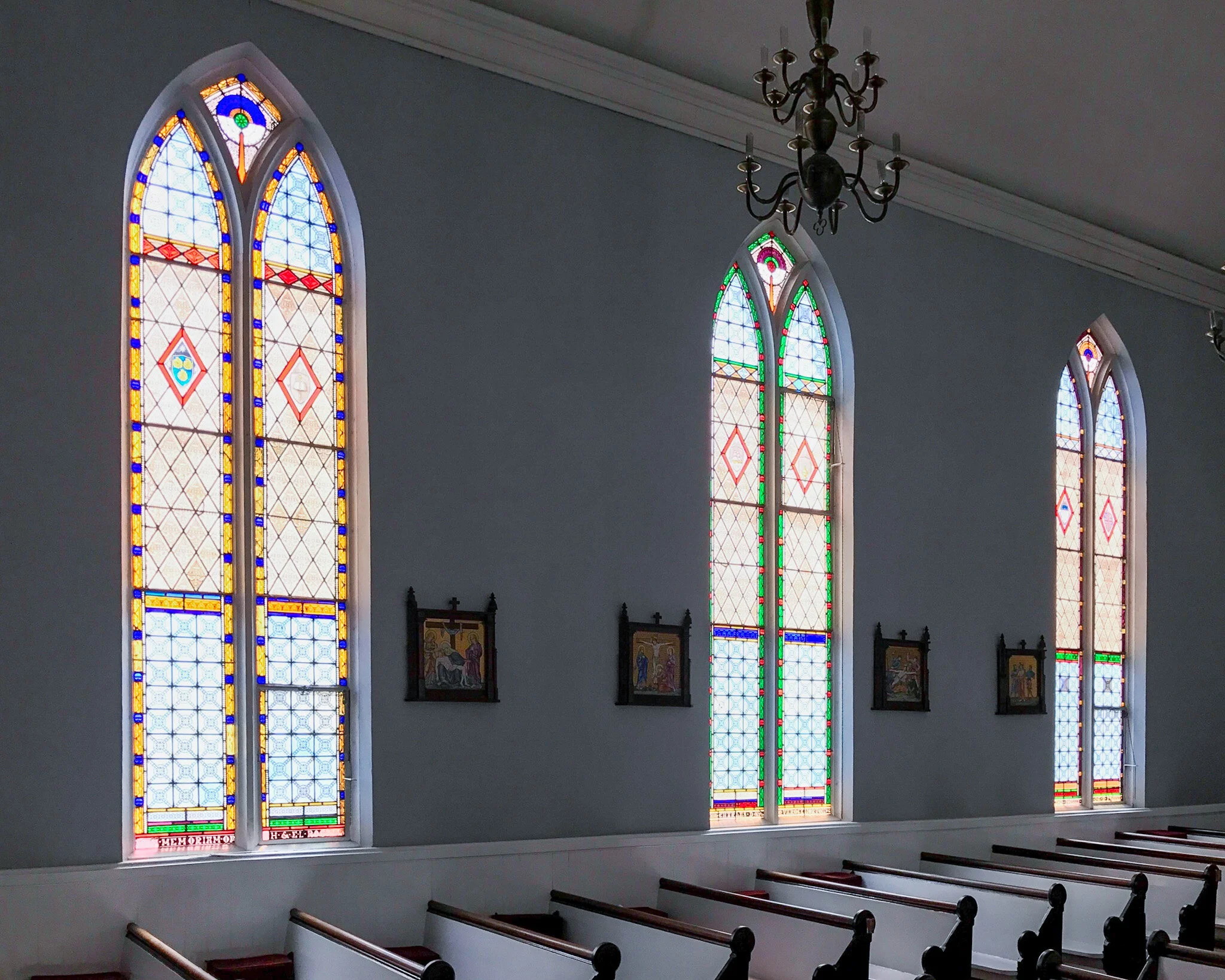This year’s stewardship theme is “For all the Saints.” Since pledge ingathering Sunday is All Saints Sunday this year, we could not resist! Our theme reminds us that what we pledge, what we give, what we do is for all of the saints. It is a powerful message when we unpack it a little.
Who are the saints? This will freak some of you out, because you have told me, “I don’t feel that way!” You are a saint. I am a saint. All of the baptized people of God are saints. This is not liberal inclusion, nor is it therapeutic theology. It is sound Biblical Christianity. All of the baptized people of God are saints.
A Son, a Mother, a Prayer
Many people know Augustine through his book, Confessions, in which he tells the story of his life. Looking back, we may see an old, dry, scholarly saint of little interest. However, in today’s world of social media, his life would keep people enthralled. He famously prayed, “O God, save me, but not yet,” because he was not ready to let go of the things he though gave him pleasure. His theology also was not a cerebral exercise, but a working out of how God was at work amid the challenges and instabilities of a world faced with plague, war, and division.
His mother, Monnica (also a saint), was a Christian who loved him and taught him the Christian faith. His father was a Roman official and a pagan. Eventually, the Holy Spirit brought the seeds Monica planted in her son to full blossom and Augustine’s life was transformed. After he surrendered to Christianity, he was baptized by Ambrose, Bishop of Milan, his mentor, and also a saint! He then used his scholarly training and great intellect for the teaching of the Gospel.
His writings endure to this day
Joseph of Arimathea: Practicing Generous Compassion
Joseph of Arimathea is a quiet favorite of mine among the calendar of saints. His feast day is August 1 for us, and he is remembered on July 31 by the Orthodox and Lutherans and August 30 by Roman Catholics.
We know little about Joseph from the Gospels other than that he was a “secret follower” of Jesus and a dissenting member of the religious council that condemned Jesus. After Jesus’ death, all four gospels tell us that he took the body of Jesus to bury in a tomb, most likely his own tomb that he had prepared for himself.
The first thing that captures me is Joseph’s act of compassion in providing a dignified burial for a man condemned and executed as a traitor and blasphemer.




